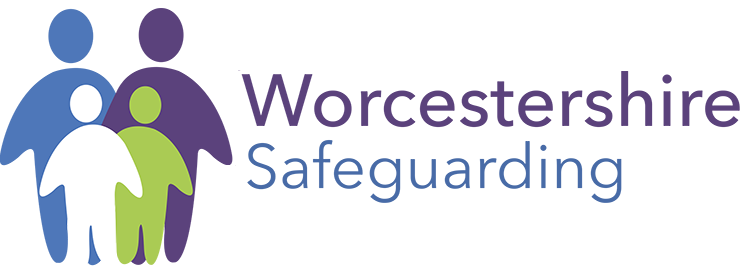WSCP: Digital Safety during COVID-19
As you will be aware, COVID-19 restrictions are continuing to partially close schools, colleges and universities across the country, significantly limiting face-to-face contact between teachers and students. Additionally, many medical and care facilities are providing only remote or essential/urgent services, similarly affecting contact between medical professionals and patients. The education sector is responsible for more Prevent referrals than any other, and as such it is realistic to expect that the number of referrals into Prevent from some of the professional sectors subject to the Prevent Duty will reduce during this time.
However, the risk of radicalisation itself has not abated, with more time being spent online leading to the possibility of increased exposure to online terrorist content and influences as groomers look to exploit feelings of stress and isolation among vulnerable individuals. In the longer-term, the economic and social impact of COVID-19, such as job losses and financial hardship, could further weaken protective factors.
The Government are:
- encouraging people to practice digital safety so that vulnerable individuals are less exposed to online harms
- increasing awareness of the signs of radicalisation, enabling people to make informed choices
- and signposting parents, carers, family and friends to Prevent, or other appropriate safeguarding services.
Online radicalisation and digital safety resource:
Central to this is ensuring a consistent set of advice is offered across Government, the Prevent Network and with our external partners. As such an information resource has been developed. This will form the basis of all of our subsequent communications around Prevent at this time, emphasising the role of safeguarding and embedding measures to protect against online radicalisation within the context of broader digital safety (such as CSE or fraud). The link to the document is attached below –
Digital safety during COVID-19_

